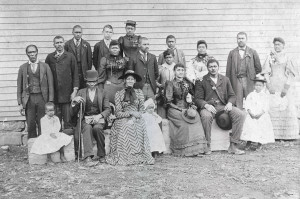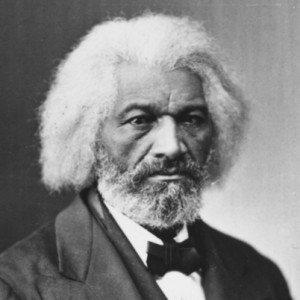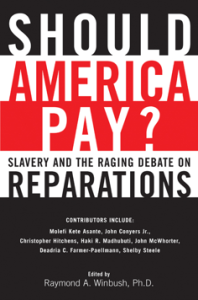Tennessee weighs an apology for slavery
Posted April 16th, 2014 by James DeWolf PerryCategory: Repair and reparations Tags: Apologies, Legislation, Racial discrimination, slavery, Tennessee
 Yesterday, we reported on our Twitter and Facebook accounts that the Tennessee House of Representatives had voted, 97-0, in favor of a resolution expressing “profound regret” for the state’s role in slavery and racial segregation—but only after stripping the resolution of its original language offering “profound apologies” for this history.
Yesterday, we reported on our Twitter and Facebook accounts that the Tennessee House of Representatives had voted, 97-0, in favor of a resolution expressing “profound regret” for the state’s role in slavery and racial segregation—but only after stripping the resolution of its original language offering “profound apologies” for this history.
This move by one chamber of the Tennessee General Assembly to express regret for slavery and discrimination follows a wave of such actions by states between 2007 and 2009, culminating in a failed attempt by the U.S. Congress to apologize for the nation’s role in slavery. And while this action comes several years later than the others, it fits the established pattern for such expressions of remorse.



 It is always worth making time, on the Fourth of July, to remember those people and movements whose courage and sacrifice advanced and improved upon the ideals on which the United States was founded. This is true even for those which may have seemed radical, subversive, or even unpatriotic at the time.
It is always worth making time, on the Fourth of July, to remember those people and movements whose courage and sacrifice advanced and improved upon the ideals on which the United States was founded. This is true even for those which may have seemed radical, subversive, or even unpatriotic at the time.
 Salon is running an essay today, entitled “
Salon is running an essay today, entitled “